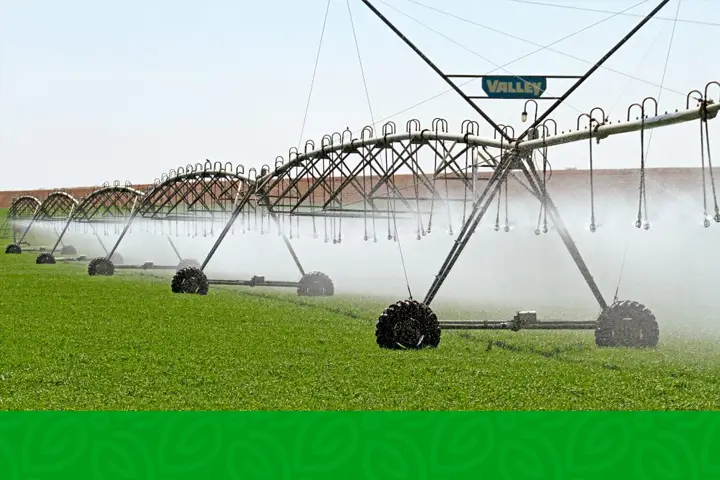
Bridging Historical Imbalances through Water Allocation
In the intricate web of water management, a proposal emerges that holds the power to reshape the landscape of water-use licences in South Africa. The Department of Water and Sanitation’s (DWS) recently revised regulations have sparked both hope and debate, seeking to address historical disparities through equitable water allocation. While the intention to rectify imbalances is commendable, stakeholders like Agri SA are urging a thorough review and amendment of these regulations, citing concerns over legality, food security, and the intricacies of implementation.
Unveiling the Proposed Changes
In a seminal moment, DWS Minister Senzo Mchunu unveiled the revised regulations governing procedural requirements for water-use licence applications. At the heart of these revisions lies a bold move to ensure equitable access to water resources. As per the draft regulations, businesses seeking water-use licences would need to allocate shares of 25%, 50%, or even up to 75% to black South Africans, depending on the volume of water abstracted or stored, or the area covered.
Navigating Legality and Implementation
Agri SA, a prominent agricultural organization, has raised the flag of caution over the legal implications and practicality of these proposed changes. Janse Rabie, Agri SA’s legal and policy executive, highlights the challenge posed by the rigid nature of these regulations. The absence of any element of discretion renders them akin to quotas, a stance that has already been challenged in court. Rabie underscores the need for a balance between historical imbalances and the rule of law, emphasizing the importance of equality within a legally sound framework.
Expanding the Conversation
The conversation surrounding equitable allocation should not be limited solely to racial transformation. Rabie points to a pivotal consideration that has yet to find its place in the draft regulations – the inclusion of women as a historically disadvantaged group. Agri SA champions the notion that true progress emerges when all facets of historical imbalance are addressed.
A Glimpse of Statistics
DWS, in defense of its proposed changes, reveals a snapshot of statistics drawn from issued water use licences to historically advantaged individuals (HAIs) and historically disadvantaged individuals (HDIs) since 1998. The figures tell a tale of unequal distribution, with 75.9% of allocated water resources going to HAIs and a mere 24% to HDIs, painting a stark picture of the existing disparities.
The Road Ahead
The DWS has met with Agri SA, recognizing the valid concerns and clarifying that the transformation requirements will apply only to the 1.5% of unallocated water resources. The department remains open to refining the regulations and has extended an invitation for suggestions and written submissions from all stakeholders. This willingness to engage indicates a commitment to a transparent and inclusive approach.
Towards Equitable Waters
As the tides of change flow through South Africa’s water management landscape, the proposed amendments stand at the crossroads of history and progress. The journey to balance historical imbalances while upholding the tenets of legality and sustainability is a nuanced one. The collaboration between government entities, agricultural stakeholders, and advocacy groups is poised to sculpt a future where equitable water allocation stands as a testament to the nation’s commitment to justice and unity. Through collective dialogue, careful consideration, and balanced implementation, South Africa takes another stride towards a more equitable and sustainable future.
Stay updated with the latest farming tips and agriculture industry news from Africa by subscribing to our newsletter. Don’t miss out on valuable insights and updates. Follow us on Twitter, LinkedIn, and Facebook to join our farming community and stay connected with us.



















